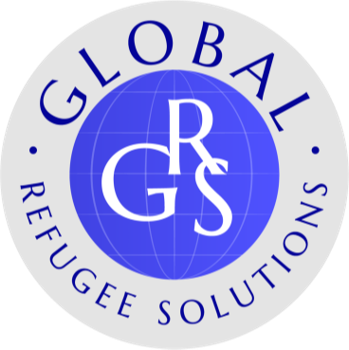Rwanda
Learn more about the region below
Overview
Rwanda, hosts mainly from the Democratic Republic of the Congo (DRC) and Burundi. While the country has demonstrated commitment to refugee inclusion and hosts evacuees under the Emergency Transit Mechanism, refugees and immigrants still face poverty, limited access to services, and integration challenges especially in urban settings.
Country Facts
- Total Population: 13 million
- Refugees Hosted: 135,000 (primarily Congolese and Burundian)
- Top Countries of Origin: DRC, Burundi, Uganda
- Emergency Transit Mechanism: Rwanda hosts refugees evacuated from Libya
- Immigrant Population: Includes economic migrants from neighboring countries
Crisis
Rwanda has long played a significant role in the region’s refugee landscape. It shelters thousands fleeing violence and instability in neighboring countries like the DRC and Burundi. Many live in established refugee camps, though growing urban migration has increased demand for services outside camp settings. While Rwanda’s policies aim at socio-economic inclusion such as access to work, education, and skills training refugees still face discrimination, food insecurity, and limited job opportunities. Additionally, Rwanda has come under international scrutiny due to the UK-Rwandan asylum deal, which would relocate asylum seekers from the UK to Rwanda. Though legally challenged and controversial, the plan highlights broader concerns about refugee safety, processing standards, and Rwanda’s human rights record.
Frequently Asked Questions (FAQs)
Why are there so many refugees in Rwanda?
Rwanda borders several conflict-prone countries, especially the DRC and Burundi. Refugees come seeking safety from violence, persecution, or political instability.
What are the major challenges refugees face in Rwanda?
Limited employment, food insecurity, healthcare access, and integration difficulties—especially in urban areas—remain critical challenges.
What is Rwanda’s role in the UK asylum plan?
Rwanda has agreed to accept asylum seekers from the UK under a controversial plan. The agreement has faced legal challenges over human rights and processing concerns.
Does Rwanda allow refugees to work and attend school?
Yes, refugees have access to education and can legally work. However, practical barriers like language, stigma, and economic conditions limit these opportunities.
How is the international community helping?
Organizations like UNHCR and IOM assist through resettlement, cash aid, and advocacy for improved rights and integration
